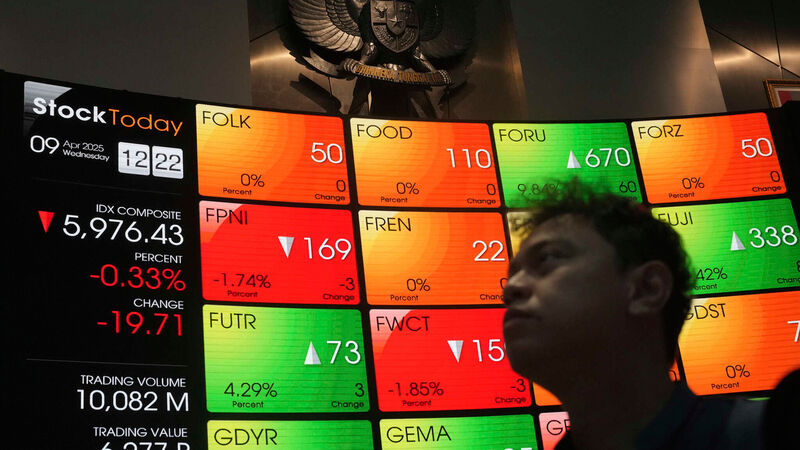Trump’s sweeping new tariffs take effect

US President Donald Trump’s sweeping new tariffs have gone into full effect.
When Mr Trump announced the latest round of tariffs on April 2, he declared that the US would now tax nearly all of America’s trading partners at a minimum of 10% – and impose steeper rates for countries that he says run trade surpluses with the US.











